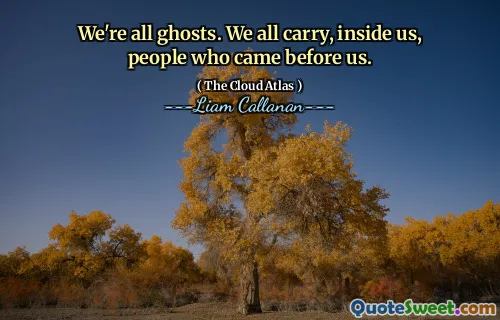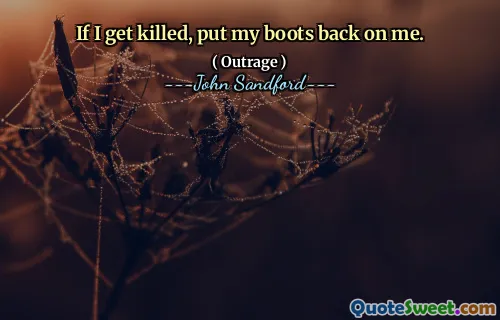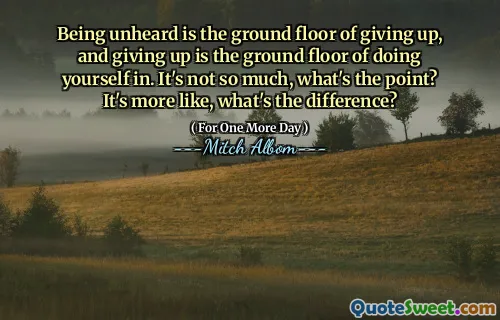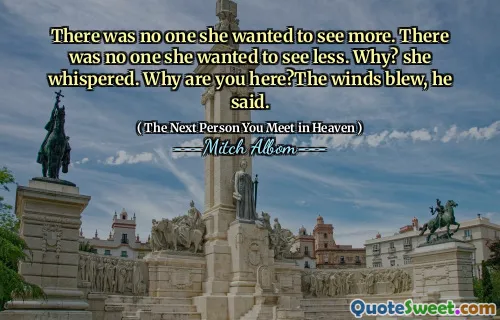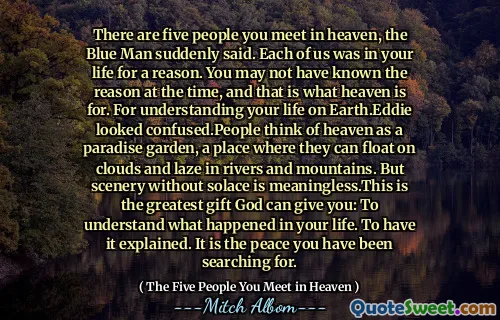
I'm not talking about the scars that separate your skin, Parker. I'm not blind, I can see those. I'm talking about the scars much deeper than that. The scars that exist within you. The ones you actually try to hide.
This quote speaks powerfully to the idea that the most profound wounds we carry are not always visible to others. The external scars are often easier for people to notice and acknowledge, yet the psychological and emotional scars maintain a hidden existence – often guarded closely by the person who bears them. It highlights the complex nature of human pain, where the deeper, internal struggles can shape who we are far more than physical marks.
In this context, the quote invites a deeper compassion and understanding. It challenges us to look beyond appearances and to recognize the pain that goes unseen. This inward suffering, the "scars that exist within," may manifest as emotional trauma, regrets, fears, or past experiences that leave lasting impressions on a person's spirit or psyche.
Moreover, the statement "The ones you actually try to hide" acknowledges the natural human instinct to conceal vulnerabilities in an effort to protect oneself from judgment, rejection, or additional hurt. It’s a reminder that everyone carries a private history of hurt or struggle, some of which they feel compelled to keep in the shadows.
Reflecting on this quote encourages empathy—we are called to be aware that beneath the surface of every individual there are battles fought silently. It also invites those who are struggling internally to acknowledge their invisible scars and perhaps recognize the value in revealing and addressing them to find healing and support.
This narrative from Whitney Barbetti's "Ten Below Zero" captures this core truth of human experience with a tender honesty that resonates universally.

